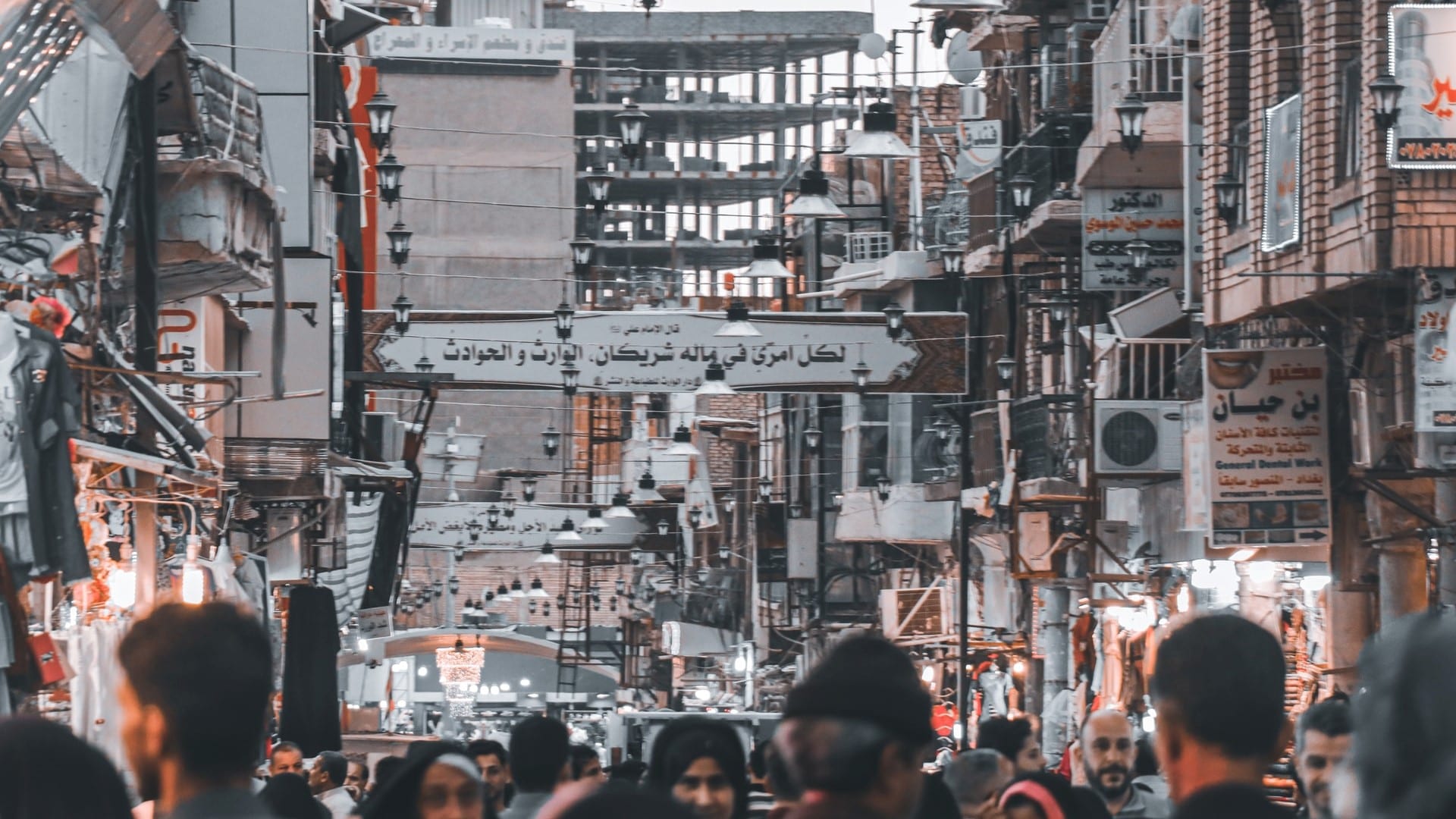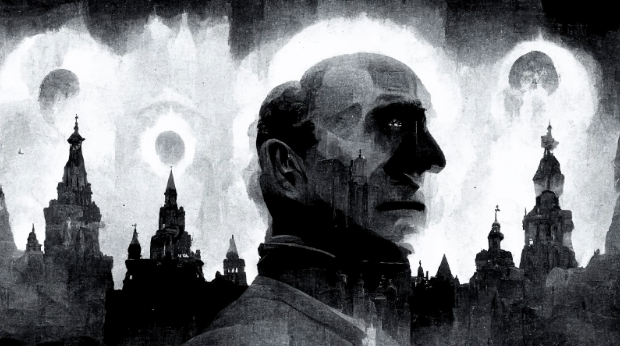By Matthew La Corte
It has been 18 years since the American invasion of Iraq. A simple Google search will bring forth a plethora of articles that discuss the decision to invade, the evidence presented to the American public, and the impact of the war on American foreign policy.
However, I want to focus instead on U.S. efforts to reconstruct the state post-conflict, and the attempt to “democratize” Iraq. Analyzing the nation-building policy of the U.S. government is imperative to understand and critique the notion that societal reconstruction is a workable policy.
Frankly, the military intelligentsia’s attempts amount to flat-out central planning. Trying to reconstruct another society is no different than trying to centrally plan an economy — it’s hubristic and bound to fail.
Reconstruction of a state needs significant cultural change
Reconstruction is defined as both the rebuilding of physical infrastructure, and fundamental changes in economic, political, legal, and social models of the citizenry of a nation-state. While government contractors and vast budgets may create the first, the second is something which has stumped “experts” for decades.
The process is rife with hurdles to overcome, which makes the prospect of successful democratization difficult. The focus of American reconstruction has historically been on the reform of formal institutions, These include private property rights; voting systems; political stability; and political efficacy, while informal institutions are defined as cultural traditions; taboos; customs; and behaviors.
Occupiers know what they want to accomplish, but often struggle with how to accomplish those goals. Contrary to popular belief, the key to effective reconstruction is found in the informal.
Nobel Laureate Doug North had this to say on the matter:
“History demonstrates that ideas, ideologies, myths, dogmas, and prejudices matter; and an understanding of the way they evolve is necessary for further progress in developing a framework to understand societal change.”
North depicts a critical idea: culture is a hodgepodge of individual notions passed down throughout generations without any central guidance. Government systems, which are formal institutions, arise from the basis of these informal social norms and ideas. Foreign occupiers cannot install new “ideas, ideologies, and dogmas” through violence and occupation.
In other words, changing the culture towards a liberal political order remains more important than changing government rules and regulations.
Government employees cannot agree on a meaningful vision for Iraq
One can categorize the challenges occupiers face in reconstruction as external and internal. Chris Coyne, in his wonderful book After War, provides numerous examples of these. For example, Larry David, former U.S. State Department official, revealed that “A number of U.S. government agencies had a variety of visions of how political authority would be reestablished in Iraq. In the bitter, relentless infighting among U.S. government agencies in advance of the war, none of the preferences clearly prevailed.”
This external constraint deals with the politicking of U.S. bureaucrats and military officials on how to centrally plan Iraq. Assuming the Iraqi people would accept the “vision” of these bureaucrats they could not even come to a semblance of agreement. Internal constraints are those that cripple reconstruction from within the country, such as waste, fraud, and lack of coordination.
The reconstruction effort was a massive project that resulted in billions of dollars from differing government agencies used to fund hundreds of projects. The differing agencies lost money, allocated it poorly, and used it inefficiently. One report from 2011 found “The United States faces a new wave of waste in Iraq and Afghanistan.”
This phenomena is a perfect representation of what economist F.A. Hayek often called “the fatal conceit,” wherein government agents overestimate their ability to effect meaningful change. He thus posited that “spontaneous order” organized society and the economy better than government planners. The order of a society is not derived from any central planner, but instead from the long evolutionary process of informal institutions.
No matter how many times this idea is noted, central planners continue to think they can plan economies. This is echoed by the 19th century French economic philosopher Frederic Bastiat’s remark “The plans differ; the planners are all alike.” They believe “experts” can somehow rework a new societal order and government from thousands of miles away without any appreciation for the local culture.
Diffusion theory: driving progress through ideas
Diffusion theory seeks to find the ways ideas and innovation are spread through culture and society. Diffusion theory literature points to the “change agent.” Defined as a “focal individual with a well-established reputation” that has the ability to influence the people around them, these change agents greatly alter reconstruction efforts.
Similarly, Hayek, in his essay “The Intellectuals and Socialism,” points to the “second-hand dealers in ideas” that transform society’s ideas over time. Studies from the Rensselaer Polytechnic Institute have found that if 10% of the population holds an “unshakable” belief, and they have a wide range and influential network, their ideas will eventually be adopted by the majority of society.
These three ideas would be at the forefront of informal institutional reform. But occupiers continue, from the 1898 reconstruction of Cuba to the reconstruction of Iraq, to focus on the formal, without any focus on changing the mental models of the citizens.
If the occupiers can sway the opinion of the second hand dealers in ideas and reach the 10% threshold of well-connected change agents, reconstruction becomes a much more attainable goal. Changing laws and reworking constitutions will simply repeatedly fail. Simply put, these projects deal with human beings, and they should be treated as more than puzzle pieces in a grand scheme.
Cultural leaders hampered the reconstruction of Iraq
Sheikh Muqtada al-Sadr, a strong anti-American Shi’a cleric, can be defined as a change agent. Al-Sadr led an uprising in 2004 that resulted in weeks of fighting between occupying troops and insurgents, severely straining the reconstruction effort.
Similarly, Ayatollah Ali al-Sistani, another respected Shi’a authority figure in Iraq, used his influence to push back against the initial drafting of the Iraqi constitution. Moreover, the actions of the American military have a tremendous effect on the hearts and minds of the citizens.
As the Iraqi citizens became aware of international law abuses and violence, their perceptions of the reconstruction fell. From drones over Iraqi skies, to target killings, to the torture photos that came from Abu Ghraib, the hearts and minds of the citizenry were effectively lost. It’s incredibly difficult to try and alter mental models of citizens, and create in them an affinity for more Western culture and governmental systems, when human rights abuses take place all around them.
The irony in this whole process is, despite talk of freedom and liberation, occupiers scoff at the notion of self-determination for the occupied. They only accept centralized planning for the society they are attempting to repaint.
Doug North provides an accurate summary of the needed elements to reconstruction: “Both institutions and belief systems must change for a successful reform, since it is the mental models of actors that will shape choices.”
One without the other may succeed in the short-term, but is guaranteed to fail in the long-term. Until the mental models of the citizenry are changed through spontaneous order and not the butt of a gun, American attempts at reconstruction will remain incredibly costly and very difficult. Reconstruction, both formal and informal, is inherently determinant on the non-political.
To read more about the costs of war, be sure to check out our cluster page by clicking on the button below.
Updated by Joseph Simnett; the original piece was written on March 19, 2013
This piece solely expresses the opinion of the author and not necessarily the organization as a whole. Students For Liberty is committed to facilitating a broad dialogue for liberty, representing a variety of opinions. If you’re a student interested in presenting your perspective on this blog, send your piece to [email protected], and mention SFL Blog in the email subject line for your chance to be published and be seen!









